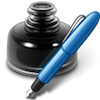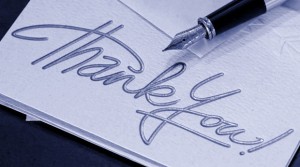You’re about to go on a job interview for that perfect position that will really make your career take off. That means you need to prepare. Like most things in life, if you want to be good at something it takes practice. A good way to polish your performance is by role playing with an expert career coach (like me) or learning by example. Take a look at the following Frontier Airlines Animal Auditions, there’s a lot that can be learned from these clever critters including the good, the bad and the ugly.
THE GOOD: Polly the Parrot on why she’s on the market, “My pirate died.” Great answer for needing a new job. The answer shows she’s looking due to circumstances beyond her control and therefore it does not reflect poorly on Polly or her job performance. Since the death of an employer is not usually why professionals are on the market, it’s a good idea to develop a communication strategy and answer to the question of why you’re looking for a new position before going on the interview.
Polly, an expert at mimicry, also bonds well with her interviewers. She takes the mirroring technique to a whole new level. Now while you may want to subtly mirror your interviewer’s body language, the way they act and the way they sound to create an unconscious bond, the key word is to be subtle and mirror as opposed to mimic. While Griz loved Polly’s antics, she may have overstepped and been a little too flip with Flip.
THE BAD: Fred the Walrus has difficulty communicating and answering basic interview questions. When interviewing you need to be able to articulate the benefits you bring to your future employer. If being a talking animal is one of the skill sets then you’d better be able to communicate and connect with all of the individuals with whom you interview, not just Griz.
Duke the Arctic Dog goes through a litany of things he doesn’t do before he gets to the one skill set that impresses his interviewers. If you don’t have the skills a company needs, go on the offensive and quickly show off what you do bring to the table.
Enrique the Tree Frog starts asking for concessions and accommodations, “Is it possible for me to be on the nose of the plane instead of the tail?” before he even has an offer. You definitely want to wait until you’re at the negotiation phase of the interview process before you start asking for special treatment. Once you have the offer, you know the potential employer likes you and wants to bring you on board, then you have more wiggle room.
THE UGLY: Doug the Dung Beetle. In an interview, if you really want to land the job you have to keep some s@#! to yourself, ‘nuf said.
~Linda


